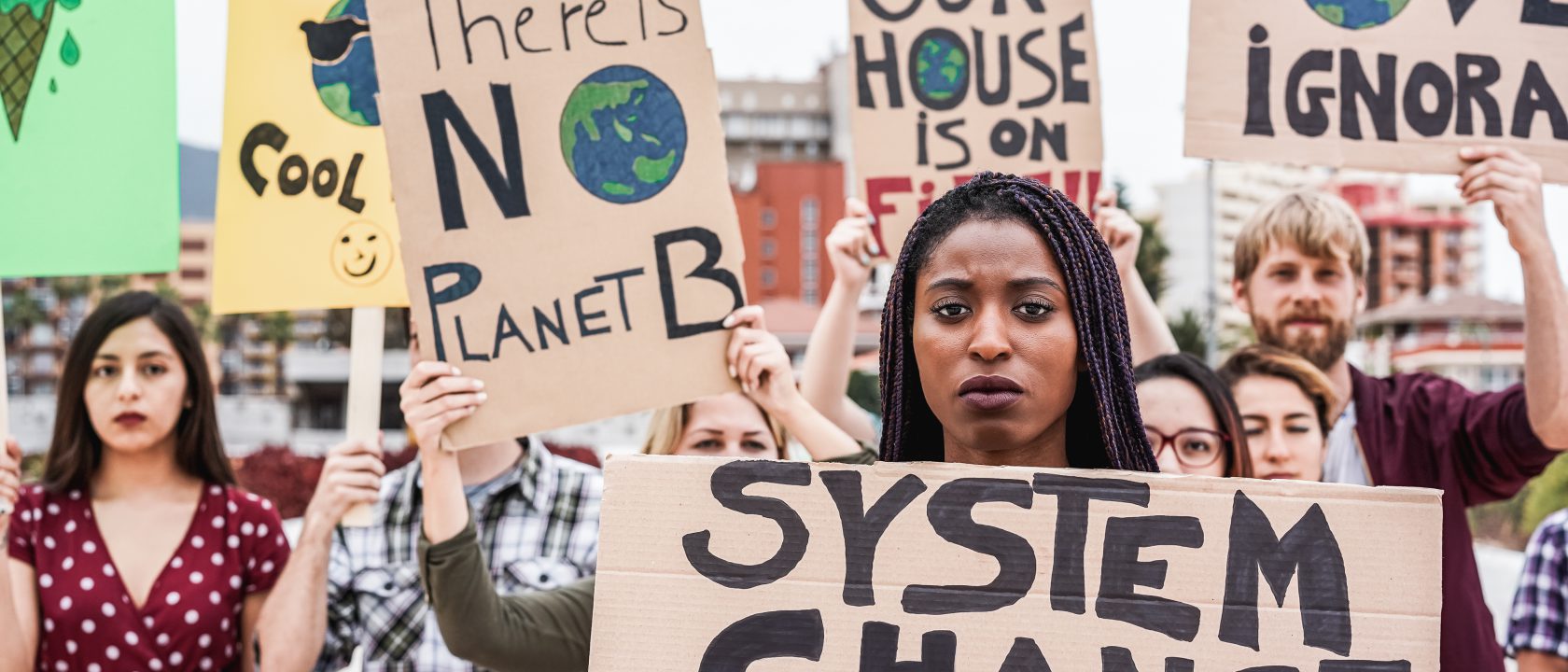
-
Key Findings in the 2021 IPCC Report
-
What we can learn from it
The United Nations Intergovernmental Panel on Climate Change (IPCC) recently released its first report on the science of climate change since 2013, and things are not looking good. The UN Secretary-General, Antonio Guterres, stated that this report is “code red for humanity,” meaning there will be irreversible consequences if we don’t act fast to counteract the growing repercussions of climate change.
Key Findings in the 2021 IPCC Report
Human activity is causing climate change.
“It is unequivocal that human influence has warmed the atmosphere, ocean, and land.” Previous IPCC reports have only pointed to human activity as a probable cause, but the sudden shift in tone makes it indisputable that humans are to blame for climate change. Our reliance on fossil fuels and tendencies to overconsume strains natural resources and ecosystems that support the earth and human well-being.
Temperatures will continue to rise.
The IPCC report outlines possible future human and ecosystem destruction scenarios depending on climate action taken to cut carbon emissions and limit other human factors. Still, even the most drastic measures are unlikely to prevent global surface temperatures from rising 1.5C above pre-industrial temperatures. The report finds that since 1970, global surface temperatures have risen faster than any other 50-year period over the past 2,000 years. The past five years have been the hottest on record since 1850. Rising temperatures not only make it uncomfortable in the summertime, but can also lead to a rise in global conflicts, damage to the Arctic and forests, and acidification of the oceans.
Extreme weather phenomena will become more frequent.
Heatwaves, wildfires, and hurricanes (among other natural disasters) almost seem routine, given how frequently they occur every year. IPCC co-author Michael Wehner states that “In the past, people would say ‘you can’t say anything about any individual event,’ but now we can actually make quantitative statements about extreme weather events.”
Scientific advancements have allowed climate scientists to accurately assess whether climate change is worsening or causing extreme weather phenomena. The verdict? The growing intensity of storms is a result of climate disruption and human-triggered climate change.
Sea levels are rising, and sea ice is melting.
Possibly one of the most troubling findings from the report is sea-level rise. As polar ice caps melt and warming oceans expand, sea level rise has rapidly increased. Even if we halt global warming to 1.5C as proposed in the Paris Agreement, sea levels will continue to rise and disrupt many coastal regions worldwide. What were once-in-a-century coastal surges are projected to occur annually by 2100.
Equally concerning is the summer sea ice in the Arctic Ocean may be gone by 2050. The Arctic is one of the fastest-warming regions globally. The melting of the sea ice will create a negative feedback loop that will exacerbate existing warming trends throughout the region.
What we can learn from it.
The IPCC report is a wake-up call and a final warning. We are running out of time before the impacts of human activity will cause irreversible damage. 2.4 trillion tons of CO2 have been pumped into the atmosphere since the mid 1800s and have caused global temperatures to rise by 1.1C. One goal of the Paris Agreement was set to limit global warming to 1.5C. This leaves us with a carbon budget of 400 billion; current global emissions total at 40 billion a year. If you do the math, we only have a decade before we blow our budget. It is abundantly clear that we need to push for legislation and policies to reach NetZero before it is too late.
While it may seem all doom and gloom, authors of the IPCC report cautioned against such a fatalistic view. “Lowering global warming minimizes the likelihood of hitting these tipping points,” said Dr. Otto. We can halt impending climate change if we act now.
Physis was founded on the belief that investors can create a positive impact by aligning their investment goals with personal goals and by investing in companies working at the forefront of climate change mitigation and adaptation. Physis aligns with the UN Sustainable Development Goals (SDGs), allowing clients to see how their portfolios support various UN SDGs. We put the power back into the hands of the people. Join us today to stop climate change.
Sources:
Climate change: IPCC report is ‘code red for humanity’
